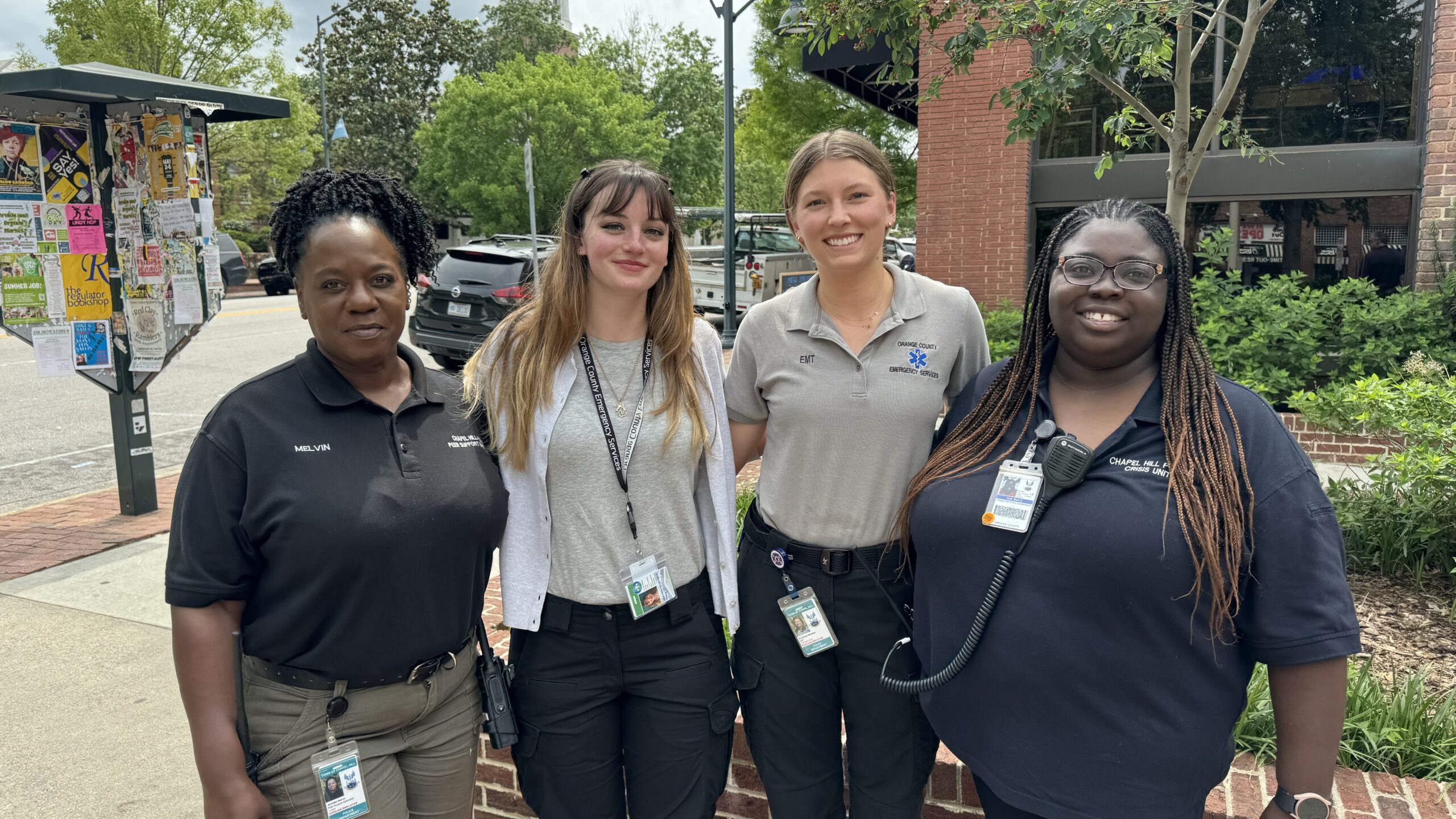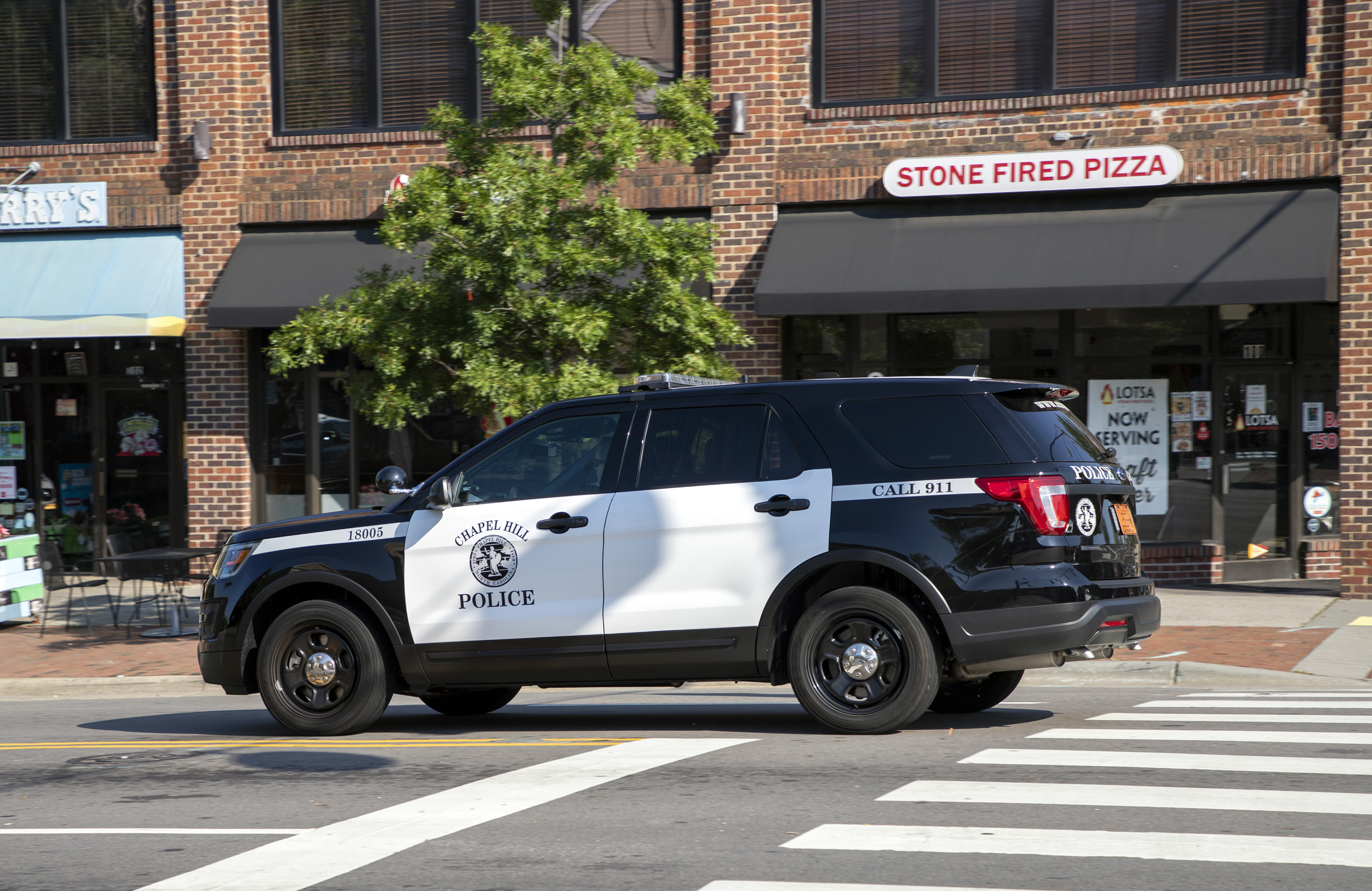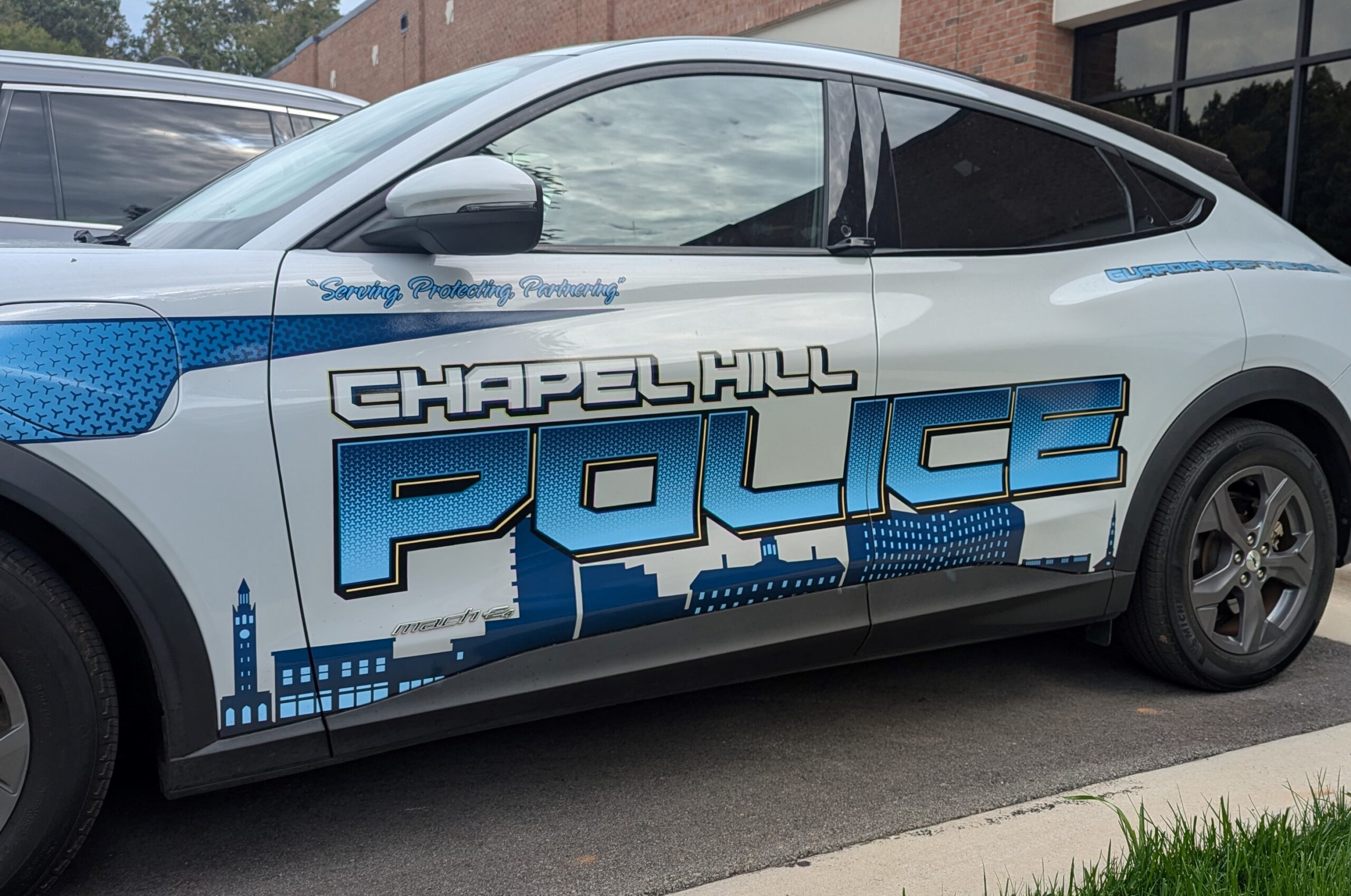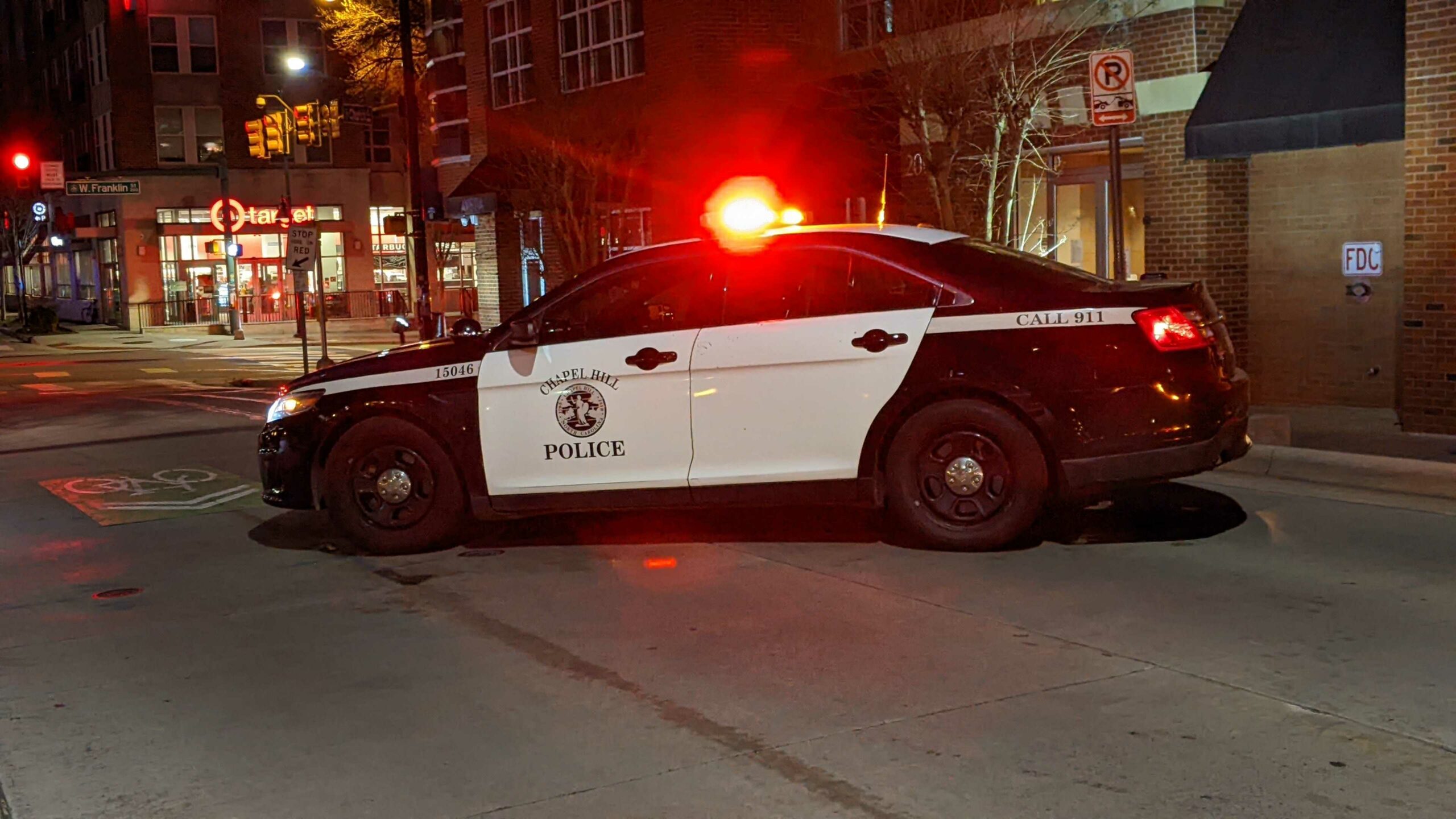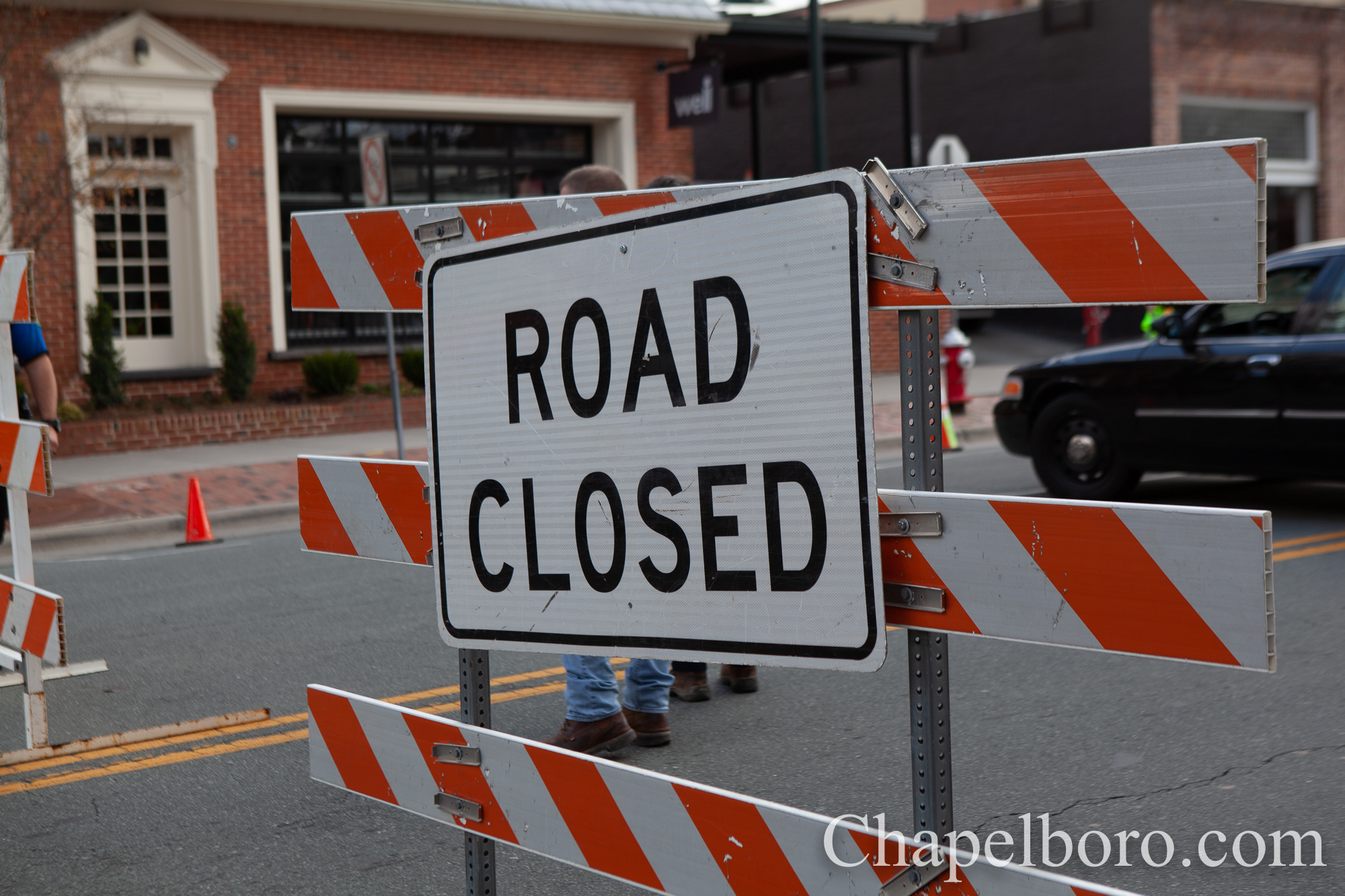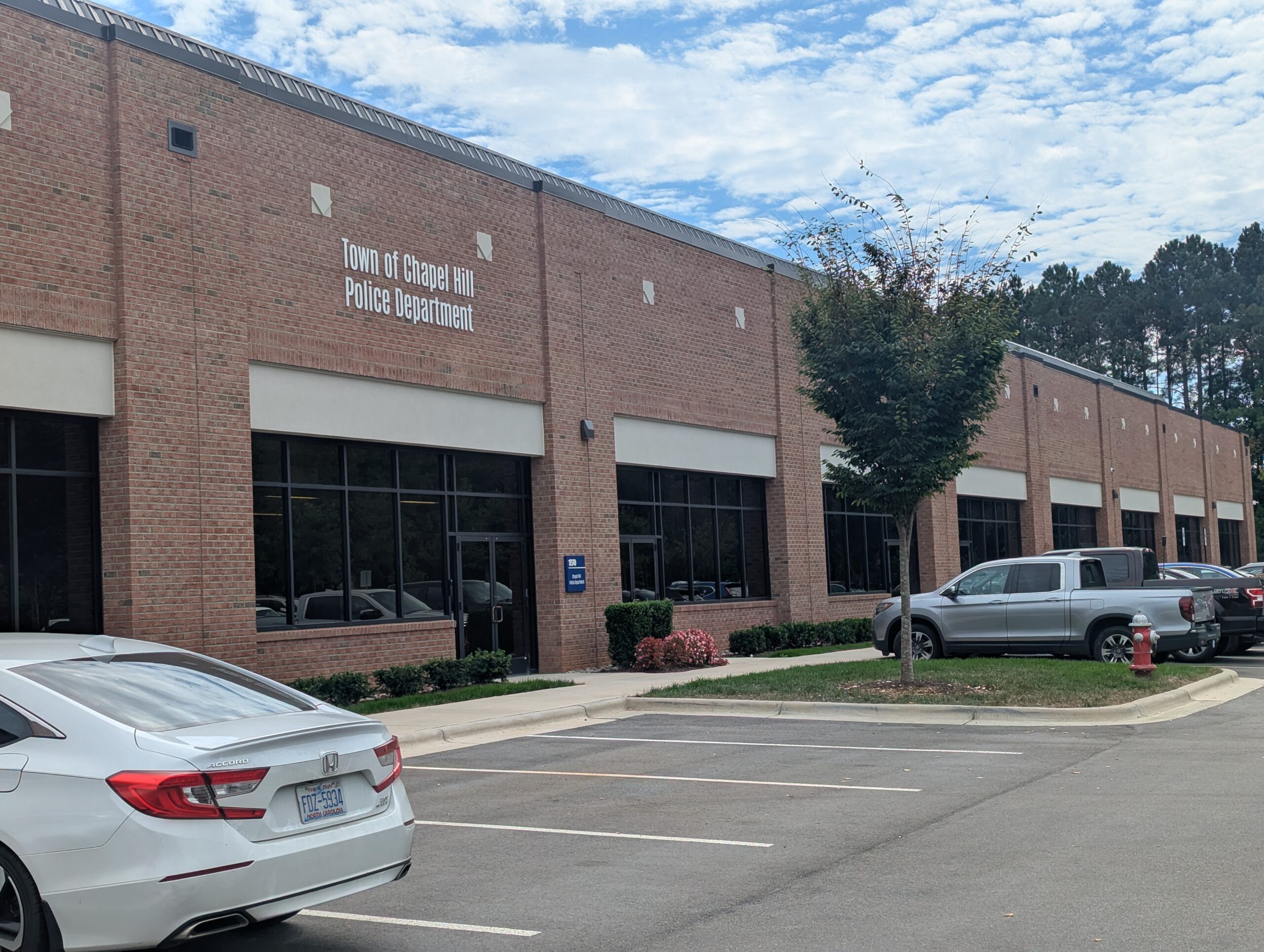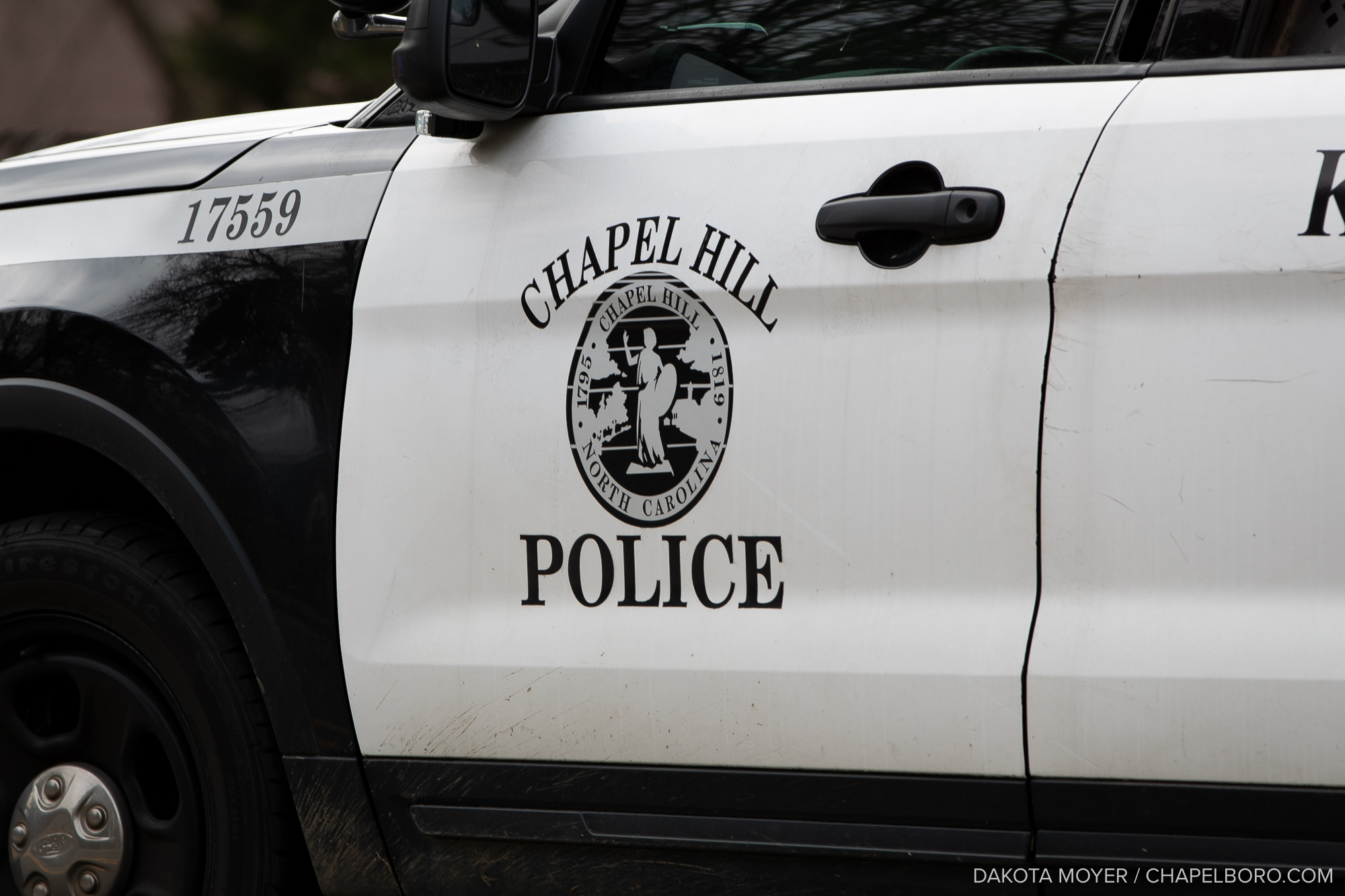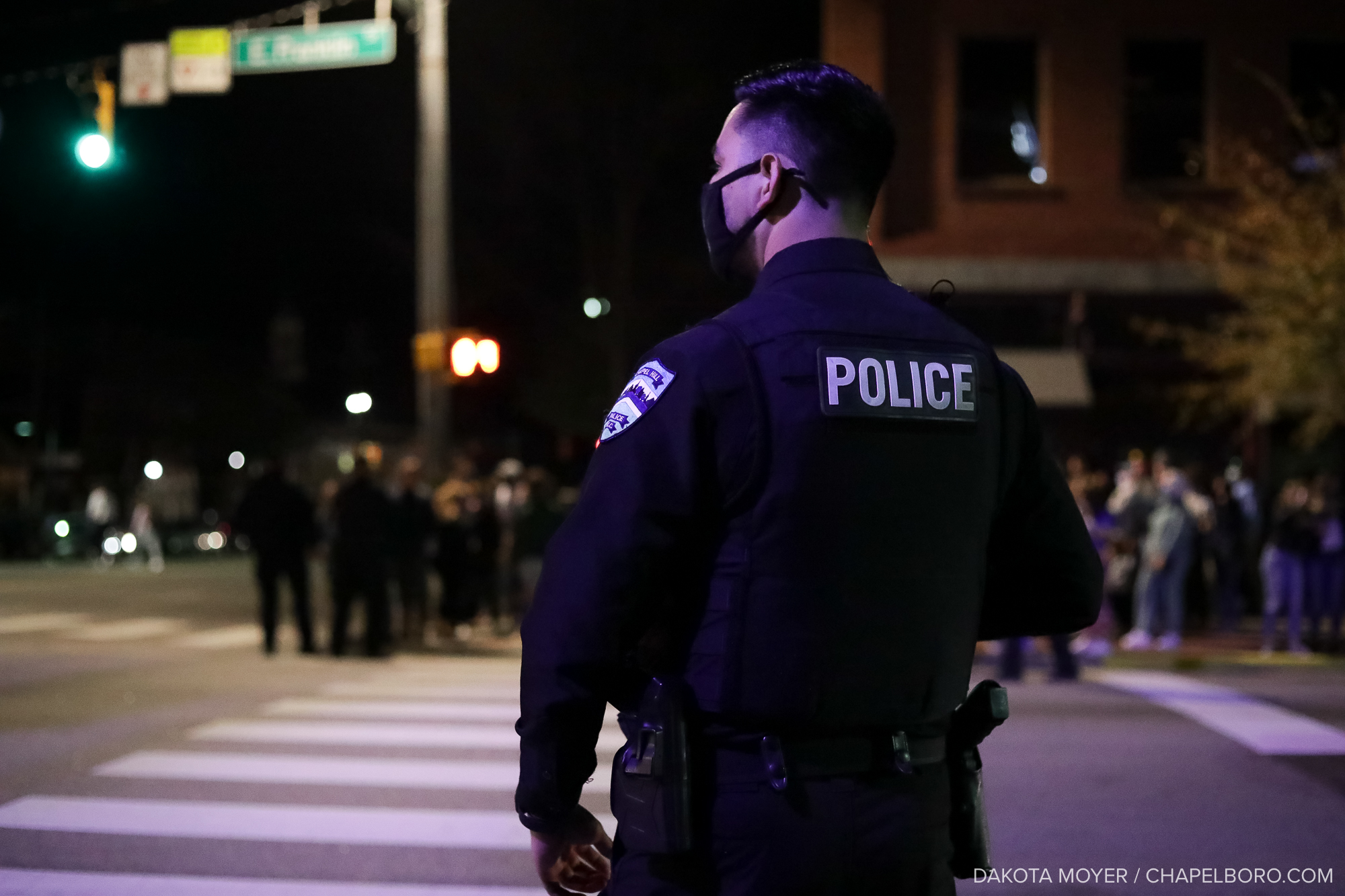
There have been several challenges to our community this summer, from national issues like inflation to regional extreme temperatures. One challenge downtown Chapel Hill is facing? Residents saying they feel unsafe on Franklin Street.
Since the start of June, several business owners and long-time residents have flooded the emails of Town of Chapel Hill staff and elected officials about community safety. Citing several incidents among unsheltered people on Franklin Street, like a recent stabbing and public indecency, the messages made it clear that some do not feel comfortable walking the downtown area.
As a response, Chapel Hill Mayor Pam Hemminger and Police Chief Chris Blue issued a joint statement on the efforts to address community safety.
“We want to share with you the work we are doing and the tools at our disposal,” the pair wrote. “We also recognize the need for more resources. We know many downtown merchants, residents, and visitors are frustrated. We also know this is a struggle for those community members who are in need. As town leaders, we are committed to addressing these matters – through the means available to us – so that Franklin Street and our downtown are safe for everyone.”
Additionally, the Chapel Hill Police Department held a meeting with a group of downtown business owners to directly speak about concerns and potential actions to address them.
Assistant Police Chief Celisa Lehew was part of those meetings.
“It’s always good to hear our community members’ voice and understand those frustrations and concerns [for us] to be able to address appropriately,” she told 97.9 The Hill. “And moving forward, I think we need to continue those conversations, talk both about short-term and long-term solutions, what is making people uncomfortable and addressing those [issues] specifically.”
Lehew said the Chapel Hill Police Department is aware of the increased unsheltered population around Franklin Street and downtown – not just this summer, but over recent years. Reports during the height of the COVID-19 pandemic indicated Orange County’s homeless population increased significantly in 2021 compared to early 2020. That comes after decreases in the population between 2010 and 2019.
Lehew said she believes that the challenges facing those experiencing homelessness have not changed drastically over the last few decades. But she said the police department’s response to that community has. Instead of looking to criminalize those who are unsheltered, Chapel Hill has developed resources and put them into action.
“Our response has been very collaborative, using those resources in our community,” said Lehew. “[It’s] a short-term response of ‘how do we help this person in immediate crisis’ – whether that be through our Street Outreach Harm Reduction Team [or] our Crisis Unit within the police department.”
The Street Outreach Harm Reduction Team, or SOHRAD program, is a recent initiative that helps people experiencing homelessness get directly connected to county housing programs and services. Co-managed by the Orange County Criminal Justice Resource Department and the Orange County Partnership to End Homelessness, the program helps do welfare checks on people and provide support as an alternative to law enforcement.
Chapel Hill Police’s Crisis Unit also looks to deflect law enforcement’s involvement. The program started in 1973 as a way for social workers or mental health specialists to respond to people in need instead of officers whose presence could escalate the crisis.
Lehew explained how crisis unit personnel work with police when an incident is called in.
“These folks respond with our officers – or sometimes without, depending on the nature of the call – and are there to provide short-term support for people in crisis,” she said. “And then [they] do a warm transition to those resources that those folks might need to continue their journey of healing.”
“I’ve been with the police department for 18 years,” Lehew added, “so I haven’t known working professionally without the Crisis Unit. It’s just embedded in our culture.”
Chapel Hill Police Chief Chris Blue told 97.9 The Hill earlier this summer how that early establishment of the Crisis Unit is setting a national example. He said it’s a representation of how the town hopes to best create a safe environment for everyone – even those experiencing a mental health or shelter crisis.
“If we can help them avail themselves of resources that can deal with their immediate crisis – but also maybe keep them out of the sphere of law enforcement and the criminal justice system going forward – then that’s a win for everybody,” Blue said. “And it’s consistent with a more holistic approach to community safety.”
In the long-term, the town and county governments hope to continue building these resources. While the local governments are planning to find new funding for the SOHRAD program after federal CARES Act funding finishes, the Chapel Hill Police Department hopes to add a new Crisis Unit member soon. On Monday, the police put out a call for community donations to the Crisis Unit program to help give community members food, clothing or hygiene products.
We need your help, #ChapelHill!
Our Crisis Unit needs donations to help community members. We can't accept used items.
Bring new donations to Police HQ (8:30 a.m. – 5 p.m.) or have them shipped here:
Attn: Crisis Unit
828 Martin Luther King Jr. Blvd.
Chapel Hill, NC 27514 pic.twitter.com/E8KddbnA1X— Chapel Hill Police (@ChapelHillPD) July 11, 2022
Hemminger and Blue acknowledged in their June 22 statement that more resources and funding are needed in order to best help downtown patrons and those experiencing crises alike.
“One part of the solution, which has been under discussion for several years, is the creation of an Orange County Crisis Facility,” the officials said, “which would provide immediate access to resources for people experiencing mental health crises. This conversation needs to continue if we hope to develop meaningful and positive outcomes for those most in need.”
Lehew did not say whether the crisis unit responded to the events in June that disturbed the community members who reached out. But she said in the short-term, it’s important for people to call 911 and let the department know to get those teams in action when an incident occurs. She said there has been an increased police presence downtown as a temporary response.
“You’ll see our officers out there, say hello,” said Lehew. “If there’s ever a feeling that something’s not right or that you don’t feel safe, then use those resources that are out there. Call 911. Our SOHRAD unit is available, our Crisis Unit is available [and] 911 will connect you to those services. They also have their specific contact numbers as well.
“I think it’s just very important that we, as a community, come together,” Lehew added. “That’s what makes Chapel Hill unique. So, as we work through these, please don’t hesitate to call. Let us know what’s happening, what you’re feeling, so we can respond appropriately.”
The Chapel Hill Police Crisis Unit takes calls from Mondays through Fridays from 7 a.m. to 12:30 a.m. at the number of 919-968-2806. Meanwhile, the Street Outreach Harm Reduction program’s number is 919-886-3351. The line is active Mondays through Fridays from 8:00 a.m. to 9:00 p.m. and Saturdays 12:00 p.m. to 9:00 p.m. More details on the Crisis Unit can be found on the Town of Chapel Hill’s website, while the SOHRAD program has more details on the Orange County government’s website.
Chapelboro.com does not charge subscription fees, and you can directly support our efforts in local journalism here. Want more of what you see on Chapelboro? Let us bring free local news and community information to you by signing up for our biweekly newsletter.

